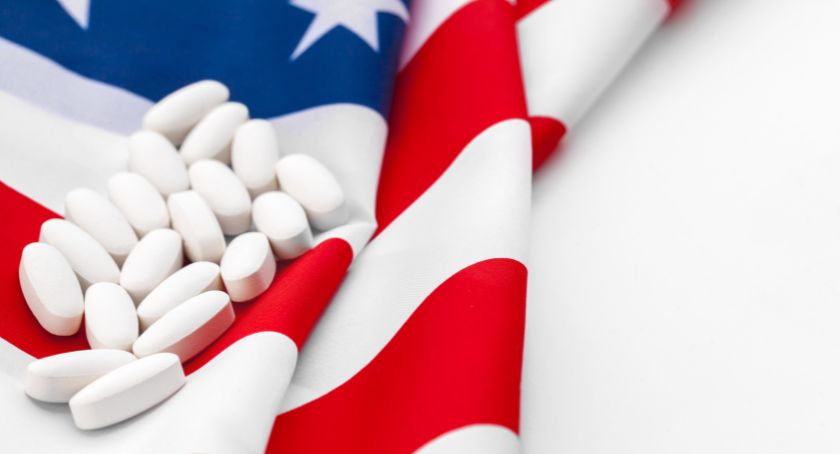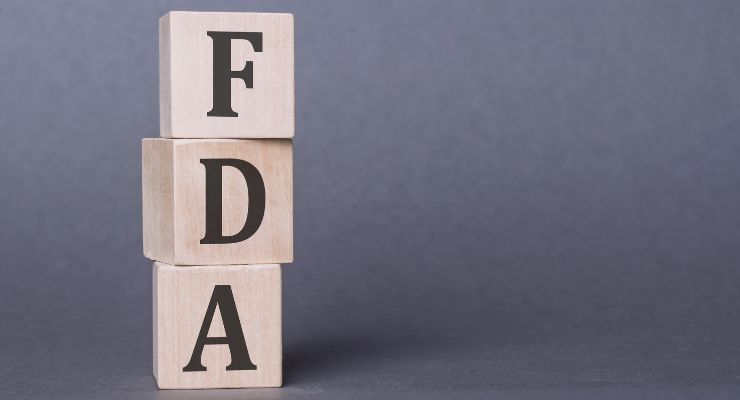Market Updates, Regulations
Proposed House Bill Would Curb Food Waste
Forty percent of food produced in the U.S. is thrown out unnecessarily and costs the nation $161 billion annually.
By: JESSICA HERRING

U.S. Representatives Chellie Pingree (D-Maine) and Dan Newhouse (R-Washington) introduced a bipartisan bill, the Food Date Labeling Act (H.R. 3981), desgined to clarify expiration dates and help consumers avoid wasting perfectly good food.
Studies show Americans are confused by the expiration dates on food labels and a significant amount of edible food ends up in landfills.
“Estimates indicate that around 90% of Americans prematurely throw out perfectly safe food, in part because of confusion about what date labels mean, meanwhile 38.4 million Americans are food insecure,” said Pingree, co-chair of the Bipartisan Food Recovery Caucus.
“This bill is an opportunity for the federal government to reduce confusion across the food supply chain and make sure no one is going hungry or inadvertently hurting our environment. With this piece of legislation, we can help ensure food is being used and eaten, rather than thrown out due to confusion,” she said.
The bipartisan Food Date Labeling Act would establish an easily understood food date labeling system—“BEST If Used By” communicates to consumers that the quality of the food product may begin to deteriorate after the date and “USE By” communicates the end of the estimated period of shelf life, after which the product should not be consumed. Under the legislation, food manufacturers would decide which food products carry a quality date or a discard date. The legislation would also allow food to be sold or donated after its labeled quality date, helping more perfectly good food reach those who need it.
“Food labeling is important for consumer education, but the current practice is confusing and outdated,” said Newhouse.
Currently, there are no federal regulations related to date labels on food products, aside from infant formula. Date labeling regulations are left up to states, which means consumers are left trying to sort out a patchwork of confounding terms. “Sell by,” “use by,” “freshest on,” and “expires on” are just a few of the phrases currently being used on food products.
“This bill takes a step toward reducing food waste by helping consumers understand the meaning behind date labels. The legislation also helps restaurants and grocery stores bridge the gap when it comes to donating food to shelters, food banks and other charitable organizations. I am proud to serve with Representative Pingree as co-chair of the Food Recovery Caucus as we work to help Americans waste less and save money,” Newhouse said.
“Most Americans don’t know the ‘best by’ date label on items at the grocery store aren’t based on safety or science,” said Senator Richard Blumenthal. “These completely arbitrary food date labels are confusing and costly for customers. Our commonsense measure to establish a uniform national date labeling system would provide consumers with clarity—helping them save money on their grocery bills and preventing perfectly safe food from going to waste.”
Forty percent of all food produced in the U.S. is wasted, costing the nation $161 billion annually. It is estimated that if all food waste represented an individual country, it would be the third-largest emitter of greenhouse gases globally. Domestic food production accounts for 50% of U.S. land use, 80% of fresh water consumption, and 10% of its total energy budget.
Pingree first introduced a version of the date labeling bill, as well as the more comprehensive Food Recovery Act, in the 113th Congress. In the spring of 2018, she launched Congress’s first-ever Bipartisan Food Recovery Caucus with former Congressman David Young (R-Iowa), on which she currently serves as co-chair with Congressman Newhouse. The 2018 Farm Bill included her provisions to create the first full-time food loss and waste liaison at USDA, a composting and food waste reduction pilot program, as well as the Local Agriculture Market Program (LAMP) to reduce on-farm waste.
Following a request for study made by Pingree and Congresswoman Rosa DeLauro (D-Connecticut) in October 2017, the Government Accountability Office (GAO) issued a report with recommendations on how the federal government can expand its efforts to reduce food waste in June. Another GAO report focused on food date labeling will be published this fall.
Elizabeth Balkan, food waste director at the Natural Resources Defense Council (NRDC) said, “Tons of perfectly good food and money is trashed every day because of confusing date labels. That adds up to a staggering amount of climate pollution, wasted water, and missed opportunities to feed people in need. By standardizing food date labels nationwide and educating people about what they mean, this legislation will help reduce this unnecessary waste.”
Terri Raymond, president, Academy of Nutrition and Dietetics, said, “Food waste is one of the most pressing challenges of our time and one that is solvable. Registered dietitian nutritionists, particularly those who are members of the Academy of Nutrition and Dietetics, are in a unique position: We can influence both consumer and institutional habits related to food safety and waste. This legislation will standardize date labeling for quality and safety across products and will educate the public on the new labeling system. This is a necessary step in addressing waste throughout the country’s entire food supply.”




















